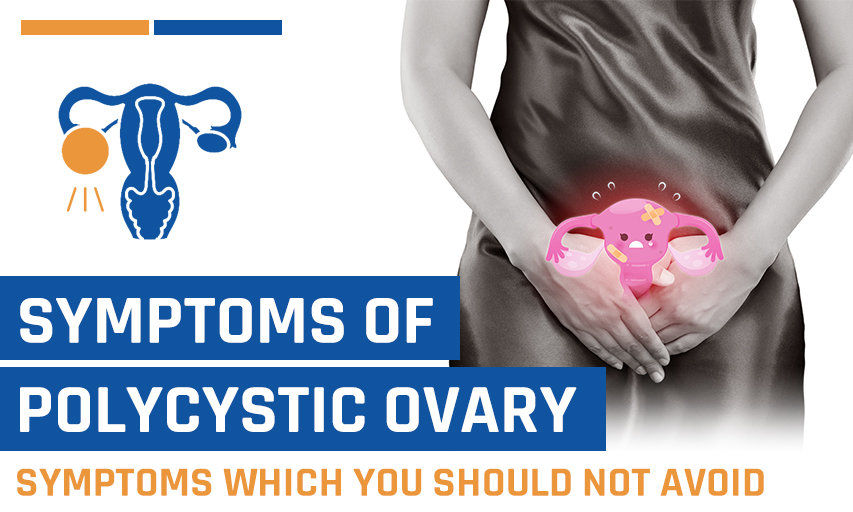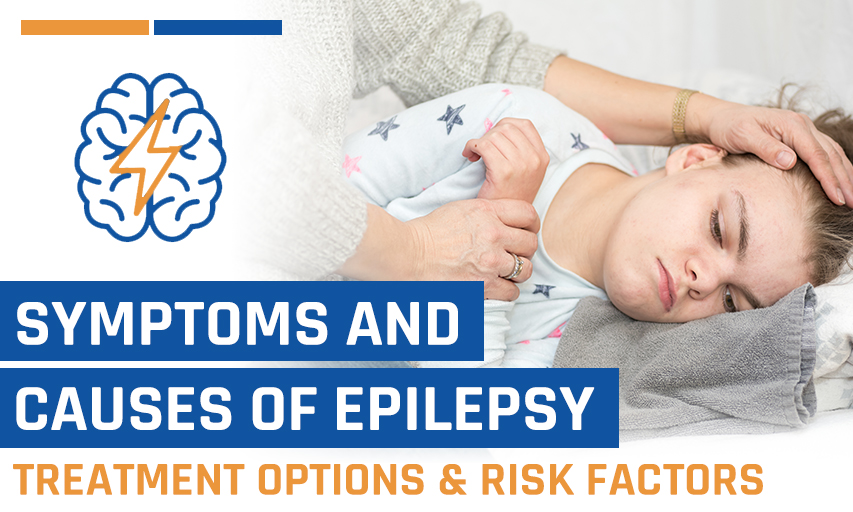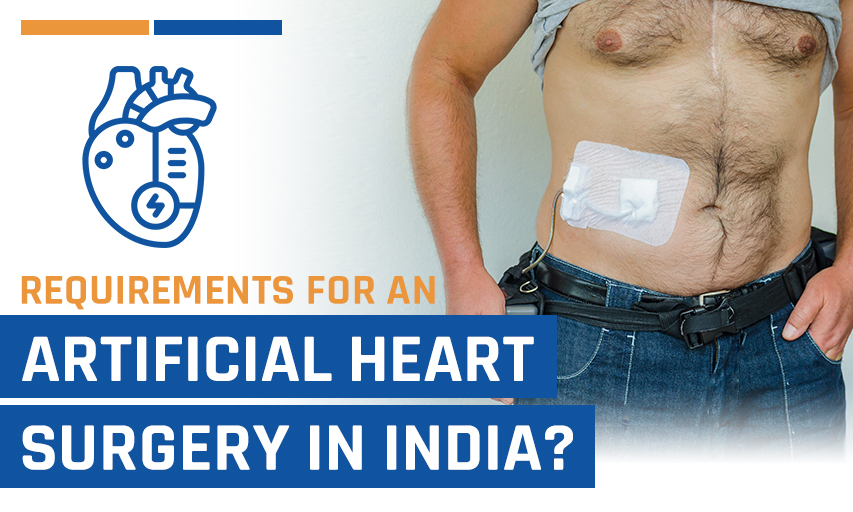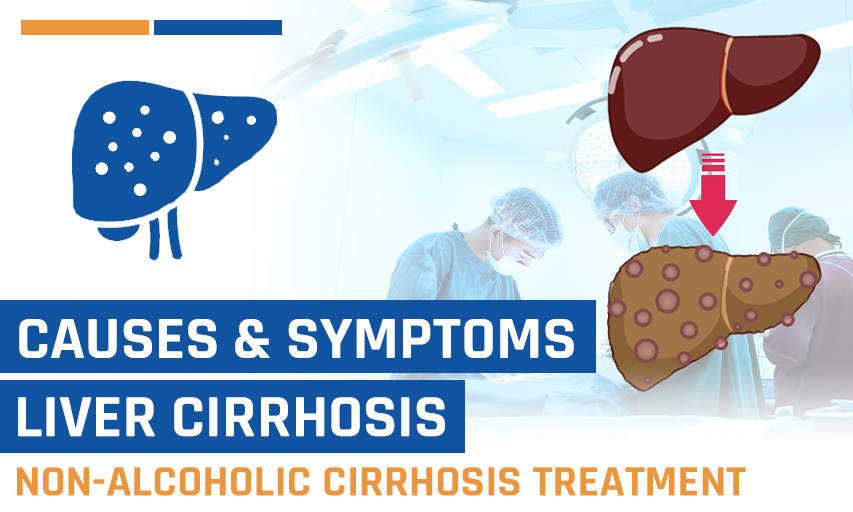When to do a Pregnancy Test After IVF Frozen Embryo Transfer?
Even though a frozen embryo transfer is a common surgery, taking good care of you afterward is essential to minimize any potential adverse effects. Ensure your safety, and boost the possibility of healthy signals for fertilization and pregnancy. After weeks of taking fertility drugs in preparation, the long-awaited embryo transfer—the last phase in the IVF cycle—helps women who battle infertility to get pregnant.
When your embryos have been frozen, waiting until a transfer might increase your excitement, after all, transferring a frozen embryo is the last phase of your lengthy investment to grow your family.
Every week counts when you're trying to get pregnant. You need to wait a sufficient amount of time after beginning fertility treatments before attempting conception, but you also don't want to wait too long.
When to do a pregnancy test after IVF frozen embryo transfer? It is a significant issue that many couples face. Here, we'll look at the answer to that query and assure you when it would be ideal for you to start trying to conceive.
What is IVF?
Intricate treatments known as in vitro fertilization (IVF) help with fertility, prevent genetic issues, and aid in child conception.
In IVF, sperm fertilizes mature eggs extracted from ovaries in a lab. A uterus is subsequently reached by the fertilized egg (or eggs). IVF cycles are completed in roughly three weeks. When these processes are divided into separate sections, the process might often take longer.
The provision of drugs (gonadotropins or FSH, progesterone, or LH) is necessary for IVF therapy. Subcutaneous or intramuscular injections commonly give these drugs. Depending on the kind of therapy and cycle, a person may receive up to 90 shots every process, spaced out between one and two injections daily.
Progesterone levels deemed inadequate in some IVF situations lead to the recommendation of supplementation. The supplementation starts around the time of egg collection or ovulation and continues until the progesterone levels produced by pregnancy are sustained.
When to do a pregnancy test after IVF frozen embryo transfer?
In-clinic testing is often used to confirm pregnancy in IVF patients seven to nine days following embryo transfer.
Some individuals make an effort to closely monitor their symptoms in the expectancy that their bodies will "tell" them before becoming pregnant. The indications of an IVF pregnancy can be challenging to read and may be misleading, much like other types of pregnancies.
Due to implantation or as an outcome of your medications, implantation spotting or light bleeding might happen. Another concerning sensation that could appear during implantation is cramping. Tenderness, bloating, and cramps are pelvic pain symptoms brought on by fluid retention around your ovaries. Other symptoms, such as nausea or exhaustion, may occur from early pregnancy, IVF therapy, or other factors in your life.
What to anticipate after transferring your frozen embryo for IVF?
While many may find this treatment an exciting new beginning, you can experience anxiety while waiting the appropriate amount of time before taking a pregnancy test. If the embryo is successfully implanted, resulting in a pregnancy, it will be determined by this test.
1. Awaiting confirmation of a pregnancy
The crucial waiting period, during which implantation and probable pregnancy occur, begins after the embryo transfer for the mother. According to the clinic and the particular treatment procedure, this waiting period's duration varies. Ordinarily, it lasts between 10 and 14 days.
However, the likelihood of implantation and subsequent pregnancy varies among different embryos, which is crucial to remember. The success rates might vary depending on the embryos' quality, the woman's age, and other variables. Furthermore, following the first IVF round, embryos may occasionally be cryopreserved (frozen) for use in subsequent efforts, which can further push out the time of conception.
2. Pregnancy Confirmation
Fertility clinics generally advise against taking a pregnancy test immediately after your IVF frozen embryo transfer; instead, wait two weeks. There is a reason for this—it helps you handle the range of emotions that arise during this procedure and ensures that you receive accurate findings.
Clinics advise the two-week wait period following your embryo transfer since a pregnancy. The test is taken too soon after the frozen egg transfer sometimes yields misleading findings. It occurs because your present stage in your fertility journey might affect the level of the hormone called hCG that is used to assess pregnancy in a pregnancy test. For instance, in early pregnancy, there is usually insufficient naturally occurring hCG production, resulting in a concerning false-negative result.
How many weeks is a pregnancy via IVF considered safe?
If everything goes according to plan, IVF pregnancies are often considered safe after ten to fifteen weeks. Even while it could be difficult to stop worrying until after the delivery of your child, most patients start to feel at ease notifying their broader social circle about their pregnancy around the 12-week mark. The risk of miscarriage is much reduced at this time, and the baby starts to develop more quickly, lowering the possibility that anything would go wrong.
After the rigors of therapy, you deserve to relax as much as possible. Enjoy all the pregnancy-related planning and motherhood-related preparation while taking care of your health and welfare.
It's crucial to remember that during your IVF pregnancy, you should take extra care with your diet and stress levels. The chance of problems for both mother and child will be reduced. If you're contemplating IVF, be cautious about going through all the benefits and drawbacks. A healthy baby can be born with the help of IVF, which has a very high success rate in infertility. Contact CureIndia for a worriless IVF treatment at an affordable in vitro fertilization cost.
Conclusion
Pregnancy is only possible after IVF therapy if the embryo is successfully implanted into the woman's uterus. The waiting period after the embryo transfer typically takes place 10 to 14 days later. Pregnancy is verified via a blood test that looks for the hCG hormone. A question may pop in your mind, what is the IVF success rate for a healthy couple? The success rates of IVF might vary based on several circumstances. Not all IVF cycles result in pregnancy, even though it could provide hope to people who are having trouble becoming pregnant. By visiting with a fertility specialist and understanding the specific treatment plan, individuals or couples may better grasp the timeline and expectations around IVF.




















Be First To Comment
Leave a Comment